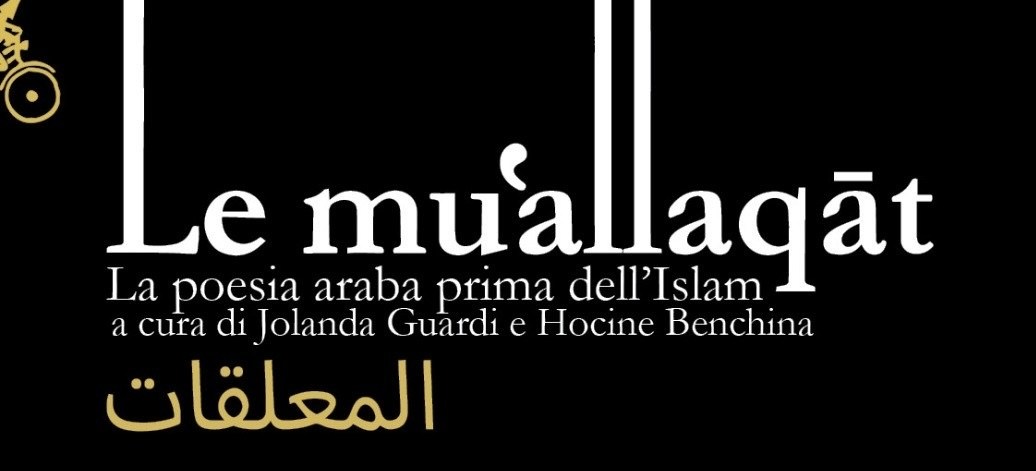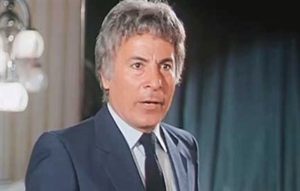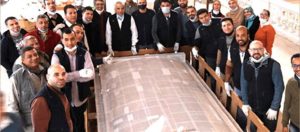The book “10 Le Mu’allaqat – Pre-Islamic Arabic Poetry” has recently made its debut in Italian, synchronizing its publication with the celebration of the World Arabic Language Day.
The significant literary work found its way to readers through the Mediterranean Publications House based in Milan, Italy, with the support of the Tarjim initiative by the Literature, Publishing and Translation Commission in Saudi Arabia.
The publisher of the book, poet Khalid Al Nasiri, Director of the Mediterranean Publishing House, stated that the publishing of the book marks the first time where the complete collection of the ten ancient Arabic odes (Mu’allaqat) has been published in Italian within a single book.
“We have an old project to establish a publishing house dedicated to publishing Arab heritage as a pivotal part of the publishing house’s expansion plans, driven by several reasons, notably our recognition of the scarcity of contemporary Arabic literature translated into Italian, let alone works derived from our rich heritage,” said Al Nasiri at a press conference.
Al Nasiri elaborated on the prevailing trend of translating Arab heritage into Italian through intermediary French translations. He remarked, “We identified this as a deficiency and recognized the need to directly offer translations into Italian, bypassing intermediary languages. Hence, we commenced our project by focusing on the ancient Arabic odes, which serve as the foundational models of Arabic poetry in its earliest form. Additionally, we are gearing up to publish the debut Italian translation of Al Jahiz’s masterpiece Kitāb al-ḥayawān (The Book of Animals) in the near future.
The book was meticulously prepared by Jolanda Guardi, Professor of Literature and Arabic Language at the University of Turin, in collaboration with Hussein Benchina, Professor of Arabic Language and Active Translation at the Higher Institute of Linguistic Intermediaries in Milan. These two scholars played a pivotal role in translating the 10 ancient Arabic poems known as the “Mu’allaqat’’.
The Italian edition of these translated poems features a preface authored by the renowned Italian poet Davide Rondone, one of the world’s most prominent contemporary poets, the Mediterranean Publishing House said in a statement.
The translation of the poems was issued in its Italian edition with a preface by the prominent Italian poet Davide Rondone, one of the world’s most prominent contemporary poets, the Mediterranean Publishing House said in a statement.
“The Mu’allaqat poems represent a remarkable dual odyssey that enthralls the readers of this book, immersing them in a realm of wonders and profound insights. This anthology serves as a testament to the enchanting tapestry of magic and ancient narratives, offering a captivating glimpse into the original nucleus of Arabic poetry and the brilliance of pre-Islamic Arab poets,” the book’s preface reads.
The preface beautifully unveils the dazzling power encapsulated within these verses, inviting readers on a journey that unveils the captivating essence of this timeless literary heritage.
Italian poet Emiliano Grebre wrote: “The genuine poetry is immortal. It is poetry that gives life to what’s to come. Thanks to these poets, travelers and wanderers, we are traversing space in this immense eternal moment.”
Wael Farouq, Professor of Arabic language and Communication at the Catholic University of Milan, praised the translation, describing it as “very good. “The translation is very good, and the book’s preface was written by one of Italy’s most prominent contemporary poets, who articulated that the Mu’allaqat represent a great human heritage, on par with the grandeur of the Iliad and the Odyssey.”
“It is truly regrettable that this translation faced such a prolonged delay. The translation of Arab heritage is poised to emancipate Arabs and their culture from the stereotypes that have persisted since the 1970s, often unjustly linked to religious extremism,” he added.




